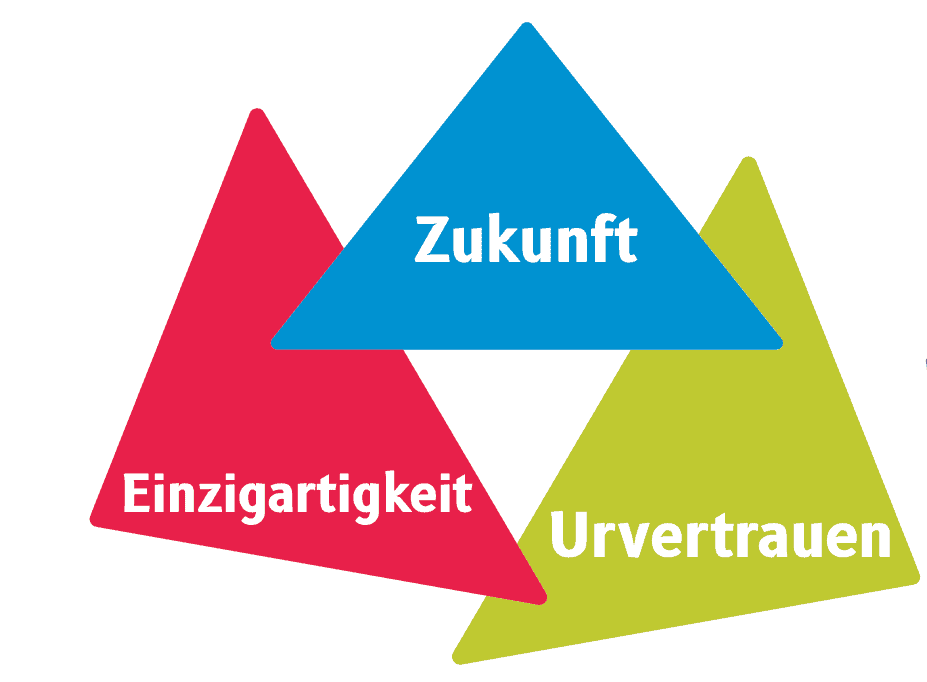Executives do not trust their marketing departments to innovate
New ideas mainly come from management or customers - but internal departments are less trusted. This is the conclusion of a future study for which 303 participants - including in Switzerland - were surveyed at the beginning of 2021.

Trust is seen as one of the most important success factors in the coming years. Companies should start with themselves first and foremost: Managers trust no one less than their internal departments. And 41 percent do not measure the success of their trust-building measures at all. These are the key findings of the "Future study 2021"conducted under the direction of the German management consultancy Richtwert. The survey asked 303 people - mainly managers - about disruptions in their industry and how they are adapting to change as a company.
A good two thirds of companies stated that their business model is currently undergoing change. All sectors are affected by this, although not to the same extent. While only 47% of plant manufacturers, for example, see irreversible change, 95% of companies in the automotive industry believe that nothing will ever be the same again in the future.
Management is the biggest obstacle to success
The participants in the study, most of whom come from management, are very self-critical of their role in this change. For example, management is not seen as the driving force behind confidence in the future - instead, points such as digitalization, innovative ability and strong partners are mentioned. Companies with a critical view of the future even see management as the biggest obstacle to success.
Everyone wants uniqueness - only a few can express it
86 percent of respondents think it is absolutely important or very important to have clarity about the uniqueness of their company. However, only 4 percent of respondents think that this uniqueness is really clearly visible in the case of their company.
The absolute majority of respondents (82%) said they knew exactly what makes their own company unique. However, less than a third were able to express this in a simple sentence. A clear trend: the larger the company, the less respondents know what makes the company unique: 90 percent of small companies state that they know what makes them unique - this figure drops to 70 percent for large SMEs and corporations.
Communicating a credible vision of the future
The study operators therefore recommend that companies clearly define the uniqueness and future vision of the company and communicate it credibly both internally and externally. They also recommend defining trust-building measures as corporate KPIs and measuring them regularly, as well as making greater use of the CEO in customer and employee communication.
For the future study, 303 participants were surveyed intensively via qualified online questionnaires at the beginning of 2021. Of these, 70 percent were top international executives: owners, board members, managing directors, department heads and strategic decision-makers. They represented the entire spectrum of sectors such as automotive, consulting, banking & insurance, wholesale & retail, industry & production, mechanical engineering, media, pharmaceuticals, transportation and telecommunications. The size of the companies ranged from 10 to over 100,000 employees. The study was supported by Richtwert, Mayr PR, Patrick Mathieu Singularité and others.








